Israeli Tanks Advance To Khan Younis Center In Intense Southern Gaza Offensive
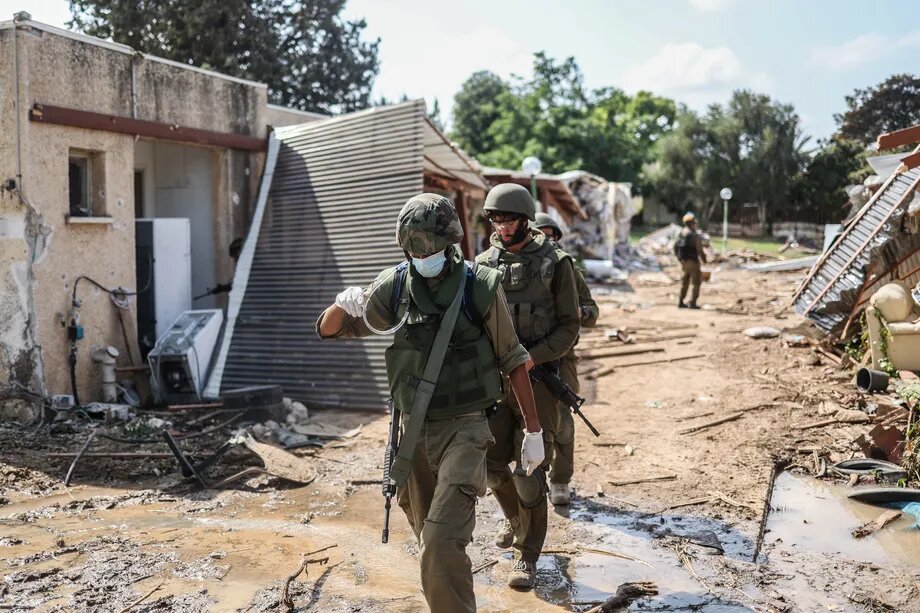
- Secretary-General of the UN Antonio Guterres said he would "not give up" trying to get the fighting to stop.
- Washington has agreed with Israel that there should be no ceasefire because it would only help Hamas.
On Sunday, Israeli tanks fought their way into the middle of Khan Younis, the main city in the southern Gaza Strip. This was a major new push into the middle of the city.
People who lived in the area said that tanks had reached the main road going north to south through the middle of Khan Younis. This came after heavy fighting all night, which had slowed the Israeli advance from the east. The area west of the assault was being hit by warplanes.
Explosions could be heard all the time, and thick columns of white smoke rose over the city, which is home to hundreds of thousands of civilians who fled other parts of the enclave. As dawn broke near a police station in the city center, the steady sound of machinegun fire could be heard. The streets were empty except for an old woman and a girl riding a donkey.
A father of four who had to leave Gaza City and was staying in Khan Younis told Reuters, “It was one of the worst nights. The resistance was very strong, and we could hear gunshots and explosions that didn’t stop for hours.” He didn’t want to be named because he was afraid of being punished.
Tanks from Khan Younis got to Jamal Abdel-Nasser Street, which is right in the middle of the city. “Snipers set up shop on nearby buildings,” he said.
After a truce broke down this week, Israel started the Storm of Khan Younis, which added the southern half of Gaza to its ground war. This is a new, bigger part of Israel’s two-month-old campaign to get rid of Hamas militants. Aid groups from around the world say this means the 2.3 million people who live in the enclave have nowhere to hide.
At the site of a Khan Younis home that had been bombed overnight, family members of the dead were looking through the wreckage in a daze. The body of a middle-aged man in a yellow T-shirt was pulled out from under the bricks.
“We said the prayer for the night and went to sleep. When we woke up, the house was on top of us.” “Who is still alive?! “asked Ahmed Abdel Wahab.
“This is what’s left after the civil defense came and saved as many people as they could.” Three floors above them fell, and people are now under them. God saved us and takes care of our business. My parents, my sister, my brother, and all of my cousins.
Israel Turns Down the Ceasefire
Hamas, the government of Gaza, and the militant group Islamic Jihad said that their fighters were fighting Israeli forces in the area. The Israeli military said it bombed tunnel shafts underground in Khan Younis and attacked a group of Palestinian gunmen who were setting up an ambush, but they didn’t say anything about a tank advance in that area.
Both sides also said there was a lot of fighting in the north of the Gaza Strip. Israel had said earlier that its troops had mostly completed their mission there last month. At dawn, there were loud explosions, and Israelis could see columns of smoke from across the fence.
Israel promised to destroy Hamas, which has been in charge of Gaza since 2007. On October 7, militants broke through the fence and went on the rampage through Israeli towns, killing 1,200 people, taking 240 hostages, and shooting families in their homes.
Since then, at least 17,700 people have been killed in Israeli attacks, according to Gaza’s health authorities. Thousands more are missing and are thought to be dead under the rubble. The death toll no longer includes people who died in the northern parts of the enclave, where ambulances can’t get to and hospitals aren’t working.
Most of the people who live in Gaza have been forced to leave their homes, and many have had to do this more than once, taking only the things they can carry with them. While Israel says it is doing everything it can to keep them safe, even its closest ally, the US, says it has not kept those promises. Because Israel is under siege, supplies have been cut off. The UN has warned of widespread disease and hunger.
At an international conference in Doha, Qatar’s capital, which was the main place where the week-long ceasefire that freed more than 100 hostages took place, Arab foreign ministers criticized the US for voting against a U.N. Security Council resolution on Friday that called for a humanitarian ceasefire.
Sheikh Mohammed bin Abdulrahman Al Thani, the prime minister of Qatar, said that the war could turn a whole generation in the Middle East into radicals.
Secretary-General of the UN Antonio Guterres said he would “not give up” trying to get the fighting to stop.
“I urged the Security Council to press to avert a humanitarian catastrophe and I reiterated my appeal for a humanitarian ceasefire to be declared,” said Guterres. “Regrettably, the Security Council failed to do it, but that does not make it less necessary.”
People have asked Israel to stop fighting, but it has refused. Prime Minister Benjamin Netanyahu told his cabinet on Sunday that he had told the leaders of France, Germany, and other countries, “You cannot support the elimination of Hamas and also pressure us to end the war, which would stop the elimination of Hamas.”
Washington has agreed with Israel that there should be no ceasefire because it would only help Hamas. But as the number of deaths rises and U.N. agencies warn of a humanitarian disaster, other Western allies have backed down. France voted in favor of the U.N. ceasefire resolution, while Britain did not.

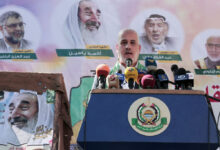
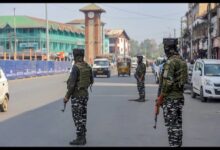
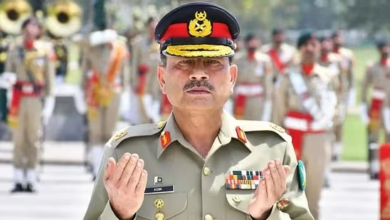

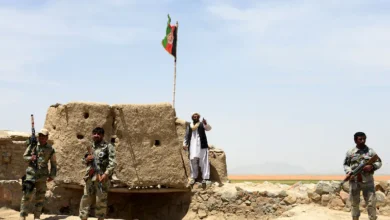
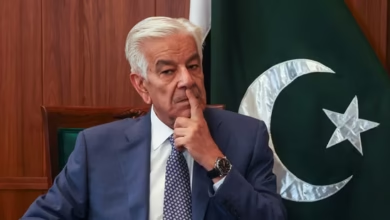
Facebook Comments